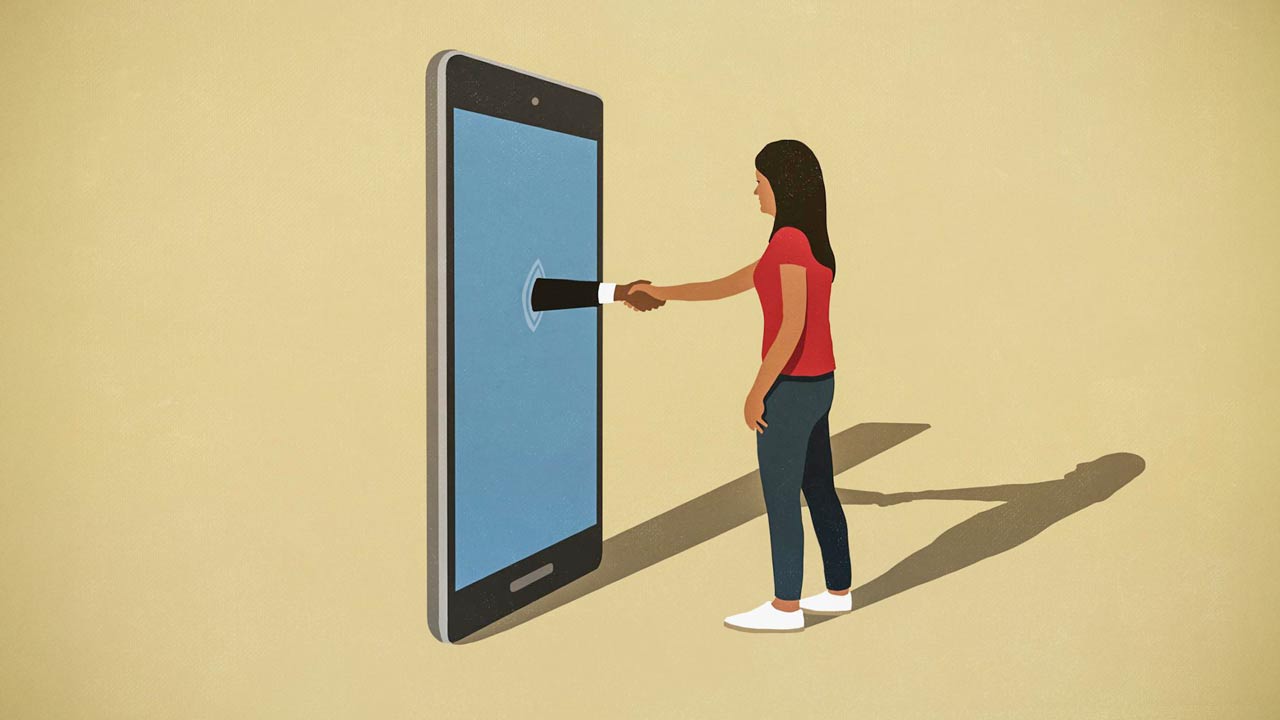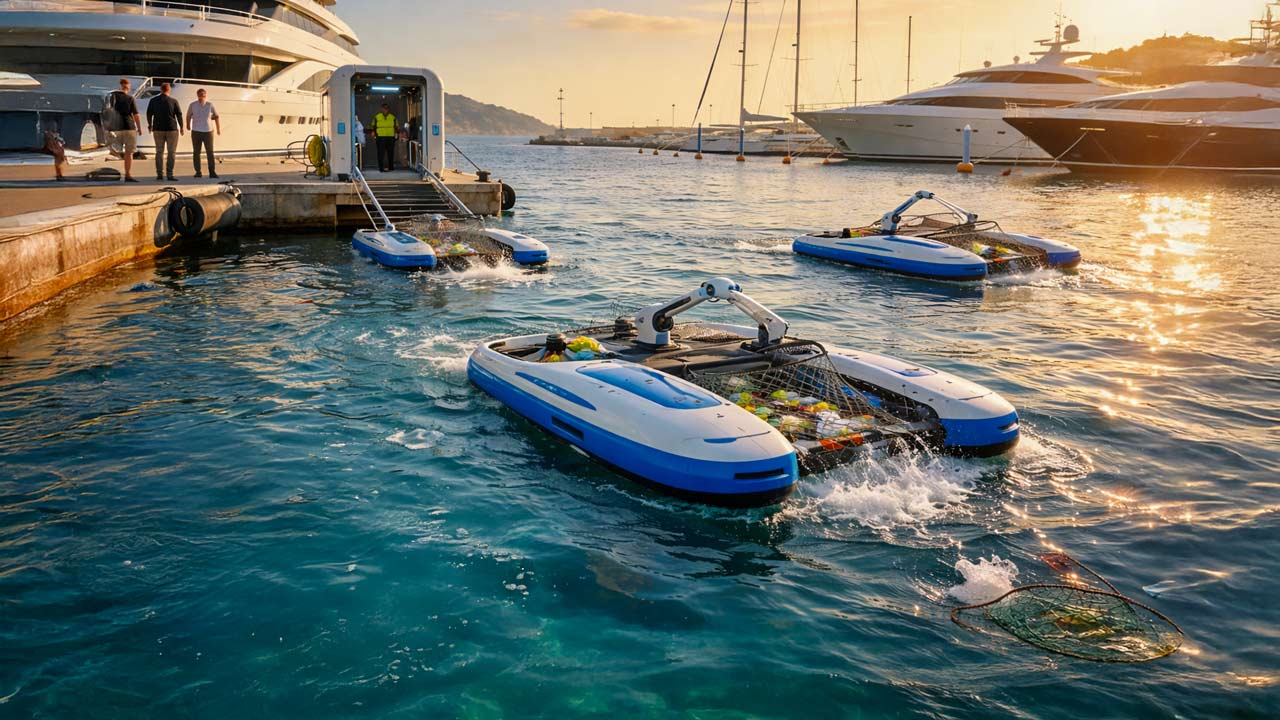World Water Day: Smart digitalization boosts water resilience
📅 World Water Day raises awareness about the need to protect and preserve water resources, ensure equitable access to water, and its efficient use. Furthermore, it encourages public-private collaboration to achieve responsible water management and combat climate change.
__________
Water is one of our most valuable resources and faces unprecedented challenges due to population growth, urbanization, and climate change. In this context, efficient management of this resource has become a global priority, and digitalization is an essential ally in enabling sustainable and efficient water management.
Water resilience is the ability of water systems to adapt to variability and challenges, ensuring a sustainable supply for people, economies and the environment.
Sensorization and Smart Metering
At Telefónica Tech, we use Smart Metering technology to optimize water management through our Smart Water solution.
Utilizing intelligent IoT sensors, NB-IoT connectivity, and Artificial Intelligence and Big Data systems, we provide managing companies with real-time data on consumption, distribution, and water quality.
This constant flow of information allows managing companies to detect leaks with millimeter precision, anticipate future demands, and optimize distribution, resulting in a significant reduction in losses and a more efficient use of water.
Telefónica Tech's Smart Water has a positive impact in social, economic, and environmental terms: it can reduce leaks by up to 40% and lower the operation and maintenance costs of the network by about 20%.
Adopting these digital technologies in water management not only optimizes the use of this resource but also generates a positive impact at the social, economic, and environmental levels.
Our Smart Water solution
The convergence of IoT sensorization, AI models, and Big Data application are technologies that enable the collection, analysis, and application of data to improve efficiency and decision-making.
- They allow the analysis of large volumes of data to identify consumption patterns and forecast future demands.
✅ This helps optimize water distribution, ensuring adequate supply and avoiding waste.
- By using IoT sensors and real-time data analysis, AI can identify anomalies in water flow and pressure.
✅ This helps detect and prevent leaks in distribution networks.
- It enables monitoring and analyzing data related to water quality, reservoir levels, and weather conditions.
✅ This aids in making informed decisions about water resource management, such as optimizing irrigation cycles in agriculture.
- They facilitate the construction of models and simulations that help better understand hydrological systems and predict their behavior in different scenarios.
✅ This is particularly useful for infrastructure planning and managing extreme events like floods or droughts.
Every drop of water is data that allows us to analyze trends, make predictions, and aid in efficient management.
Accurate and real-time information allows for a quicker response to critical situations like leaks or contamination, minimizing damages and associated costs. Moreover, it provides consumers with real data about their consumption and personalized recommendations to encourage more conscious and sustainable water use.
✅ Success story: Thanks to NB-IoT connectivity, our project with Emasesa utilizes smart meters to send consumption readings remotely and automatically.
Through advanced analysis with our Big Data and AI solutions, the meters transmit consumption data hourly, allowing Emasesa to optimize management, detect anomalies, and enhance service.
This contributes to the digital transformation, sustainability, and efficiency of Emasesa's water service. See success story →
Digitalization for sustainable water management
Implementing these smart solutions to water management also promotes resilience to climate change by enabling cities and communities to adapt faster to changing weather patterns.

This proactive approach to water management is essential to strengthen future water security, highlighting the importance of digitalization as a fundamental pillar of sustainable water management.
✅ Smart Metering technology and sensorization are not limited to the water cycle domain. Their application extends to various sectors, from agriculture, where they facilitate irrigation optimization, to industry, improving processes and reducing resource consumption.
Technology enables us to manage water more effectively, sustainably, and resiliently. With digitalization, we can solve the water issues we face today, ensuring access to water for everyone and preserving this vital resource for future generations, aligning with the sustainable development goals and adapting to current and future challenges in managing this vital resource.
The application of digital technologies for smart water management contributes to achieving United Nations Sustainable Development Goal (SDG) number 6, which requires efficient use of water resources and universal access to drinking water before 2030.
Image by Freepik.
 Hybrid Cloud
Hybrid Cloud Cyber Security & NaaS
Cyber Security & NaaS AI & Data
AI & Data IoT & Connectivity
IoT & Connectivity Business Applications
Business Applications Intelligent Workplace
Intelligent Workplace Consulting & Professional Services
Consulting & Professional Services Small Medium Enterprise
Small Medium Enterprise Health and Social Care
Health and Social Care Industry
Industry Retail
Retail Tourism and Leisure
Tourism and Leisure Transport & Logistics
Transport & Logistics Energy & Utilities
Energy & Utilities Banking and Finance
Banking and Finance Smart Cities
Smart Cities Public Sector
Public Sector




